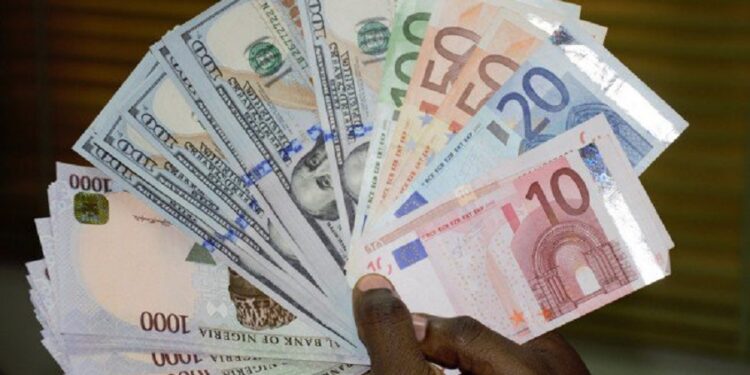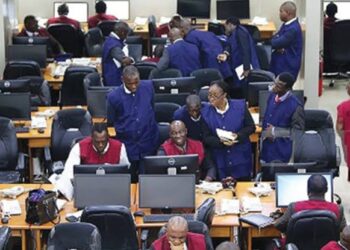The Manufacturers Association of Nigeria (MAN), Cross River and Akwa Ibom branch, has highlighted foreign exchange market volatility as a major threat to its operations.
Acting Chairman, Mr. Usen Umoh, made this statement during the association’s 17th Annual General Meeting (AGM) in Uyo on Monday.
Speaking at the event, themed “Innovative Pathways in Manufacturing: Transforming Challenges to Opportunities,” Umoh noted that the instability of the naira has significantly increased raw material and production costs, putting manufacturers under immense pressure.
He emphasized the need for a stable and predictable forex policy to help manufacturers plan and sustain their operations. Other challenges mentioned include multiple taxes, rising energy costs, tariffs, and difficulties in accessing funds.
He said, “The manufacturing sector remains the bedrock of economic growth, providing jobs, fostering innovation, and driving sustainable development.”
“Our journey has however not been without challenges, I urge stakeholders to join hands in finding lasting solutions to the challenges facing the sector.”
“Let us use this AGM as a platform to share ideas, explore innovative solutions, and renew our commitment to drive the sector forward,”
Governor Umoh Eno of Akwa Ibom, represented by his Deputy, Dr. Akon Eyakenyi, emphasized the importance of the manufacturing sector in job creation, industrialization, and economic prosperity.
He reaffirmed his administration’s commitment to improving the ease of doing business in the state, noting that a well-managed micro, small, and medium-scale enterprises sector is crucial for industrialization.
Eno highlighted his administration’s efforts to promote businesses and foster an entrepreneurial culture, encouraging citizens to seize opportunities to drive business growth. He also called on business owners to pay their taxes and engage in corporate social responsibility projects to improve the quality of life in the state.
Forex volatility in the first half of 2024
The Naira has depreciated by over 50% in the past year, despite efforts by the Central Bank of Nigeria (CBN) to curb its devaluation. Data from FMDQ shows that the Naira’s value fell from N747.76/$1 on September 22, 2023, to N1,541.52/$1 by September 20, 2024, marking a 51.49% decline. This depreciation occurred despite CBN’s measures to stabilize the currency, including boosting Nigeria’s foreign exchange reserves.
The decline in the value of the naira comes amidst an increase of $4 billion in the country’s foreign reserve during the period. Despite the growth in reserves, it has not been enough to halt the sharp depreciation of the Naira, which continues to face challenges from external pressures and internal fiscal imbalances.















.gif)






